I suspect I’m not Trent Dalton’s ideal reader. I loathe sentimentality. I skim over most adventure scenes in books on account of my disinterest (but give me a character’s musings on their breakfast and I’m deeply invested). And there’s also the fact that 95% of the time, it seems I only read novels by women.
And yet, somehow, Dalton’s books—with their huge hearts, abundant optimism, and down-and-out characters—win me over every time. It tends to take about 100 pages and several eyerolls at some of the more mawkish moments, but then, suddenly, bang, I’m hooked. I read furiously, pausing only to gasp or sob or google a Brisbane reference. I don’t skip a word.
Somehow Trent Dalton’s books win me over every time.
Of course, my experience is not unique. The whole country adores Dalton. He is our literary darling. Our bleeding heart. Our commercial-meets-literary-fiction poster boy. His debut novel Boy Swallows Universe has been adapted for stage and will have its own Netflix series early next year. His books have sold over 1.2m copies in Australia alone and that figure is only going to grow with his latest offering, Lola in the Mirror.
Inspired by stories he encountered in his 17 years as a Walkley Award-winning journalist in Brisbane, Dalton writes in his author’s note: “some of these events involve violence, addiction and self-harm, which some readers may find distressing. Those same people I met in the street also spoke of community, hope and love, and that’s why I wrote this book.”
Lola in the Mirror is not simply set in Brisbane, so much as it is a spiritual and sociological map of the city. You learn what certain suburbs smell like, which train lines to avoid late at night, the details of the city’s urban legends, Go-Betweens songs. You meet Ivan on Adelaide Street who dishes out fascinating facts for 50c a pop, the homeless couple newly pregnant and recently accepted into social housing, and you discover the perilous nature of the city’s ‘brown snake’ – the winding and murky Brisbane River.
It’s by this river, in a scrapyard surrounded by mangroves, that the novel’s 17-year-old protagonist lives with her mother. They are ‘houseless’, not ‘homeless’. They have a Toyota HiAce with four flat tyres, and they have those things Dalton saw when he worked as a social affairs journalist – community, hope and love.
The duo has been on the lam for 16 years after the mother left the girl’s father in their kitchen with a paring knife in his throat. You understand that they have fled domestic violence but Dalton, in his Daltonian way, refers to it as the ‘Tyrannosaurus Waltz’.
While the narrator dreams of a life as an acclaimed artist, her days are spent as a runner for a drug-dealing matriarch who operates out of a suburban fish and chip shop. Did I mention it was gritty?
And so, the story becomes one of self-actualisation and the belief in a better future set amidst the criminal underworld of shabby, suburban Brisbane. It’s a sun-baked, river-soaked fairytale; just replace the sweet birds that make beds in Disney stories with yellowtail fish filled with concealed heroin.
The story becomes one of self-actualisation and the belief in a better future
The novel has much in common with Boy Swallows Universe. Despite being set 30-odd years later, I kept waiting for Eli Bell to show up somewhere along the way. He never does, but there is a cute cameo by the author himself writing letters on a typewriter in the streets of Brissie (a nod to Dalton’s third book Love Letters).
The cynic in me (you might be detecting a theme here) could suggest that Dalton has a formula. Brisbane + gutsy and endearing young protagonist + magical realism + good dose of violence and adventure + charming cast of down-and-outers + messages of hope and wonder = bestseller.
But these are simply the author’s trademarks. Dalton writing about the little guys changing their lives is like Rachel Cusk writing about identity or Colson Whitehead about race. It’s not a formula so much as a credence. It’s clear that Dalton truly believes that the “world turns for us all”, just like the narrator’s mum tells her. That “one day you’ll wake up and you’ll realise the world has turned back upright for you and every bad thing you didn’t deserve on the downside is made up for by every good thing rushing at you on the upside.”
It’s clear that part of his heart and soul live outside of his body and on the streets of Brisbane. And it’s clear that his profound compassion as a writer can transform even the most sceptical reader into a fully-fledged believer.
Now look who’s getting sentimental!




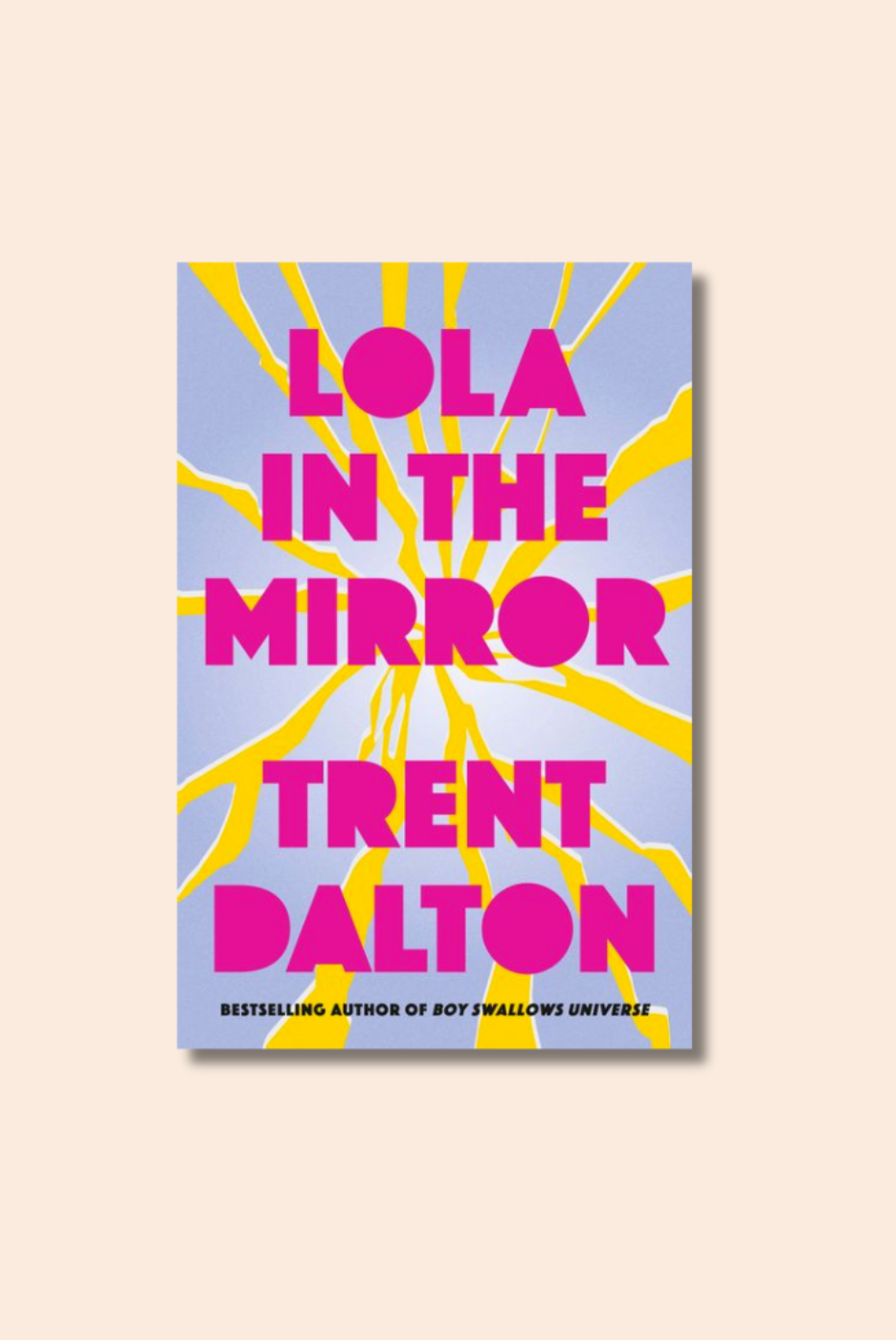
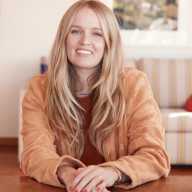

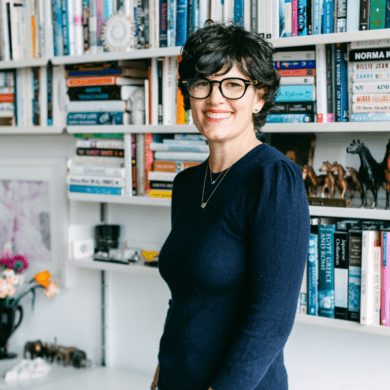

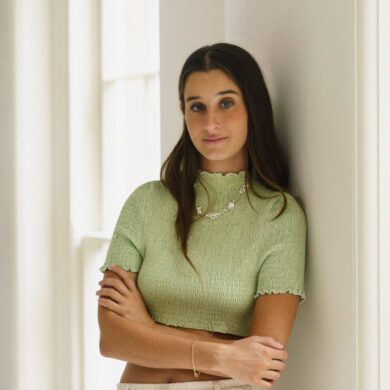
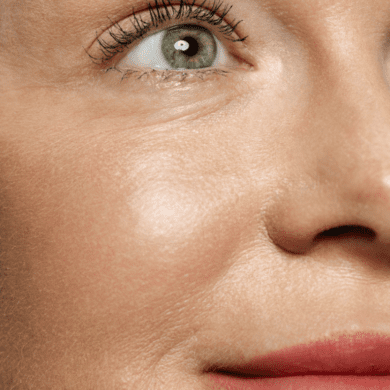
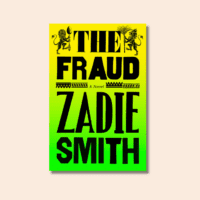

No Comments